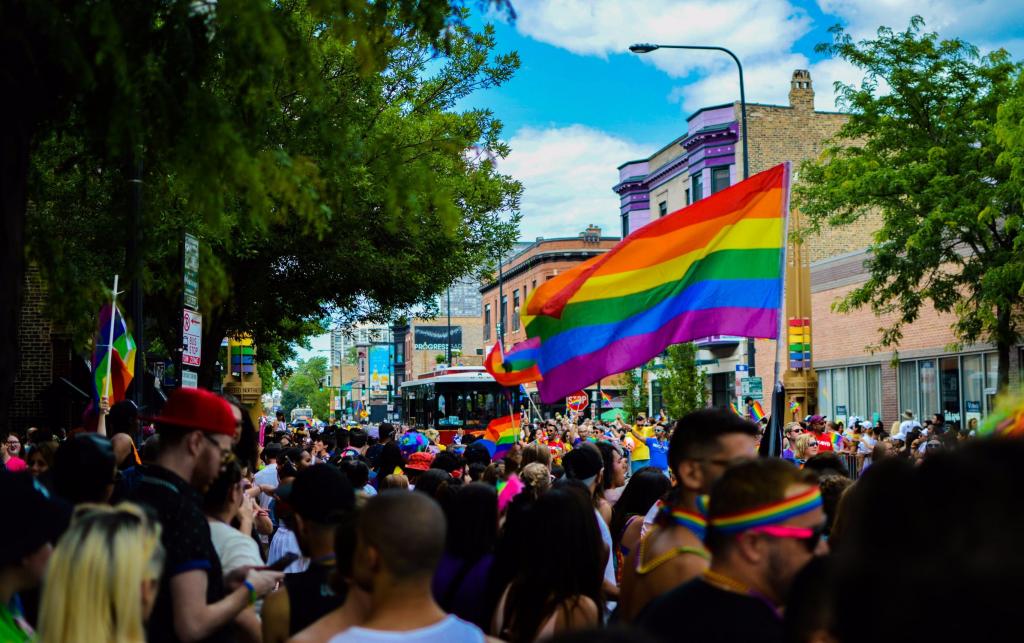The humane sense of community envisioned by Confucius beholds society as a structure of human relationships that can be maintained and renewed through daily rituals. Believing that a healthy society is based on a healthy individual, Confucius said, “To put the world in order, we must first put the nation in order; to put the nation in order, we must first put the family in order; to put the family in order; we must first cultivate our personal life; we must first set our hearts right.” Toward this end, Confucius emphasized veneration and obedience to family, elders, and rulers; in general, aligning our individual needs with the greater needs of the community.
For thousands of years the Confucian model served, at its best, as a noble basis for living together caringly on Earth. But for thousands of years, Confucian thought has also been misused by autocrats and dictators to solidify their power and to oppress those under their rule.
Gandhi on the other hand gave us a way to organize community around basic human rights in order to resist oppressive social systems. In his early pamphlet, Hind Swaraj (Indian Home Rule), published in 1909, Gandhi addressed British rulers by declaring:
We cease to play the part of the ruled. You may, if you like, cut us to pieces. You may shatter us at the cannon’s mouth. If you act contrary to our will, we shall not help you; and without our help, we know that you cannot move one step forward.
Given the world Gandhi was born into, his efforts to affect a more humane sense of community hinged on “[our own] ability to preserve order without the assistance of the ruler… to non-cooperate with the system by withdrawing all the voluntary assistance possible and refusing all its so-called benefits.”
It’s an ongoing challenge to discern what best serves the common good: cooperation with the social order or resistance to the social order. When to cooperate and when to resist? Perhaps this can only be answered by asking in any given situation if the people at risk are being treated as a means to an end or if their well-being is the goal.
Confucius might ask Gandhi, “Under what circumstances would you cooperate?” And Gandhi might ask Confucius, “Under what circumstances would you resist?” Before answering, I can imagine each deferring to their counterparts in future generations. Though both, no doubt, would bow to the mysterious power that appears when people tend to each other beyond any sense of self-advantage.
Perhaps no one soul can answer these questions. Perhaps we need to ask each other what matters before giving ground or standing firm. Perhaps we live into the answers when we dare to lend our voice to what feels true. Perhaps there’s a Confucius and Gandhi in each of us who sparks the X and Y chromosomes of community. Perhaps every time we step toward each other, we take a turn toward our communal well-being. And no matter how often we fail, we still can rely on our untapped nature. As Martin Luther King, Jr., said, “I believe what the self-centered have torn down, the other-centered will build up.”
A Question to Walk With: Describe a time when you were called to cooperate to make a situation better. Then describe a time when you were called to resist to make a situation better. How do you understand the difference?
This excerpt is from my new book, More Together Than Alone: Discovering the Power and Spirit of Community in Our Lives and in the World, which has just been published by Atria Books.
*Photo credit: Gotta Be Worth It













